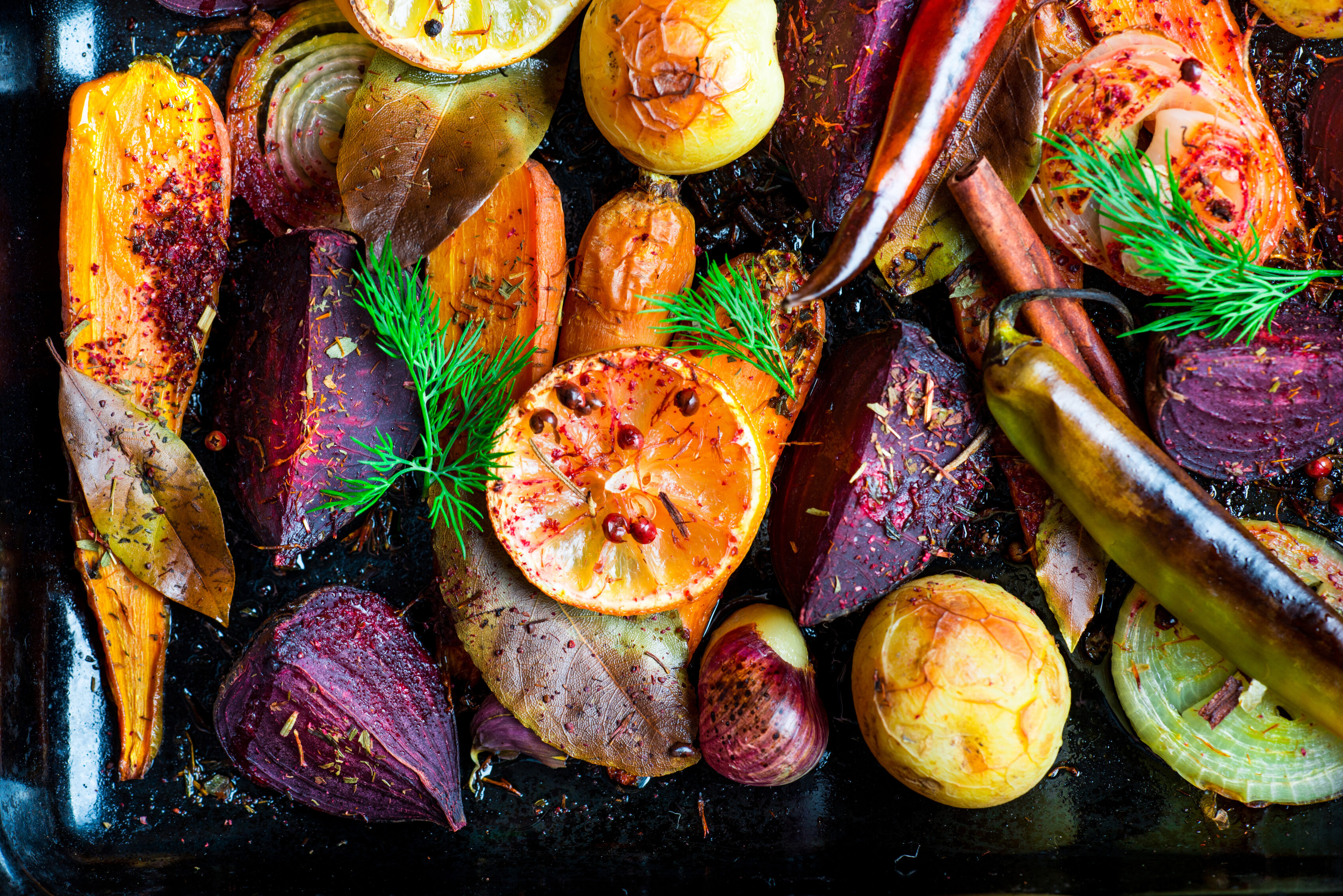Here’s how you can help tuna this World Tuna Day!
Today is World Tuna Day. The UN observes the day to raise awareness of global overfishing of the species, fished to the brink for human food – primarily canned tuna and sushi. Not only are tuna fished unsustainably, they’re also victims of poor welfare fishing practices and catch methods that cause suffering to them and thousands of other animals every year that die as “bycatch”. They are also taken from the wild and farmed in sea pens, causing years of suffering.
Tuna are amazing fish; some species can swim up to 43 miles per hour (crossing oceans in just a few weeks) and can grow larger than a horse! They live in large shoals, hunting together, and even cooperate with dolphins for protection from sharks. They’re warm-blooded, unlike almost all other fish, meaning they can swim faster and further without restriction of water temperature. They are also vitally important to their ecosystem, as both predators and prey. Adults are one of the most important ocean predators and juveniles provide food for sharks, whales and other tuna.
Sadly the number of tuna caught every year is huge. So many are killed that only their collective weight is measured, which comes in at millions of tonnes per year.
Catch methods include primarily purse seine nets (enormous nets that engulf whole shoals of fish), longline fishing, and, to a lesser extent, pole and line, gillnet and troll fishing. Juvenile bluefin tuna, which are extremely profitable when sold, are also rounded up by purse seine ships, “ranched” into sea cages and left to grow for a couple of years to increase their value.
Purse seining sees fish slowly being engulfed in a net which gradually closes, becoming tighter and tighter as the fish are hauled to the boat. This causes acute stress and panic amongst the school, causing the fish to swim as individuals and leading to scale loss and damage and fin breakage as the fish are crushed together. These nets may also be thrown onto dolphins in order to catch tuna that swim beneath them; similarly, Fish Aggregating Devices – which attract many species of fish and marine life – often leads to bycatch and death of other animals. 5% of global bycatch comes from tuna fisheries and includes sharks, rays, seabirds, cetaceans, baitfish and discarded tuna species.
In longline fishing, live bait is attached to submerged hooks that attract tuna but also other species, impaling them for what can be hours or days, resulting in severe injury, prolonged suffering and death.
Bluefin and yellowfin tuna are farmed in coastal sea pens with severe consequences to their welfare, the environment and other fish stocks. Breeding and farming of bluefin in complete captivity is also beginning on farms in Spain and Japan. For animals that would naturally travel hundreds of thousands of miles across oceans in their lifetime, being confined to a sea cage is unnatural in the extreme and causes untold suffering. Not to mention the environmental toll: for one fish to put on a kg of bodyweight, 15.8kg of feed fish (sardines, squid and mackerel) must be caught. Further, waste and chemicals used to deal with algae and disease leak from the sea pens into the sea, polluting the surrounding areas and causing negative impacts for neighbouring sea life.
You can reduce the demand for tuna products starting on World Tuna Day by switching to a fish-free alternative, like our delicious chickpea tuna. Check out loveveg.uk for plenty of cruelty-free fish alternatives and our recipes that are so good you won’t tell the difference. You’ll question why you didn’t give up eating fish sooner!
Sign up

